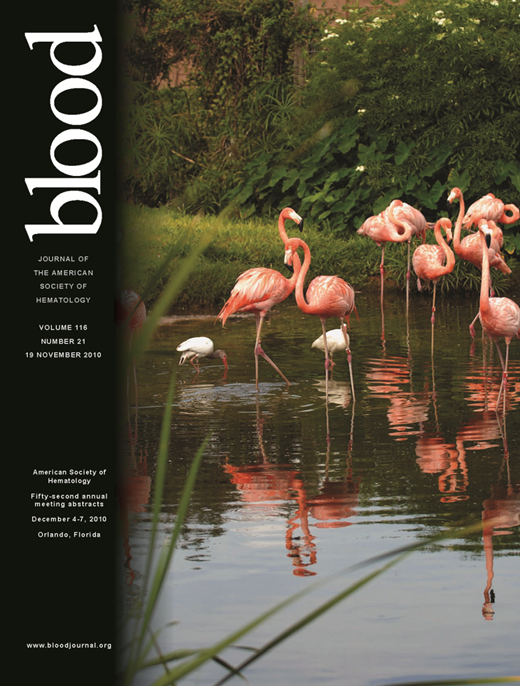Abstract
Abstract 4361
Occupying the ATP binding pocket represents a common strategy for tyrosine kinase inhibition, exemplified by imatinib mesylate in BCR-ABL positive leukemia and gefitinib in EGFR mutated lung cancer. Here we report that the natural compound triptolide and proteasome inhibitor Bortezomib induce C-KIT turnover in cancer cells. Bortezomib triggers a clathrin-mediated endocytosis and lysosomal degradation of KIT in t(8;21) leukemia. While phosphorylation of heat shock protein 90 (Hsp90) by KIT is required for Hsp90-caused suppression of apoptosis, Bortezomib causes dephosphorylation of Hsp90 and lease of Apaf-1/cytochrome C, leading to reactivation of caspase-3 which cleaves the t(8;21)-generated AML1-ETO/AML1-ETO9a oncoproteins with production of cleavage fragments. The cleavage fragments antagonize the parental proteins in vitro and in vivo. Intriguingly, Bortezomib shows potent anti-leukemia efficacy in two murine models. These data indicate that degradation of C-KIT/dephosphorylation of Hsp90 represents a novel strategy for kinase inhibition, and drugs inhibiting both transcription factor and kinase could be a powerful therapeutic regimen for human leukemia.
No relevant conflicts of interest to declare.
Author notes
Asterisk with author names denotes non-ASH members.

